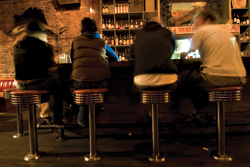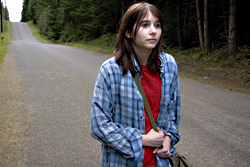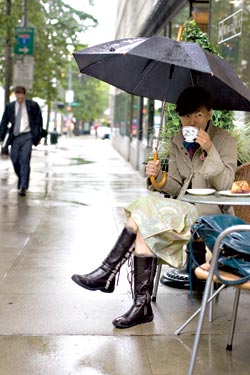Fernanda Eberstadt was drawn to Gypsies at a very young age. (And, no, not because her parents threatened to sell her to them.) She was sitting at a cafe in Paris with her parents when she first saw Gypsies. “When the mysterious strangers disappeared around the corner, the world without them seemed unbearably pale and insipid,” she recalls. Since then, she has sought out Gypsies from Ireland to Istanbul to Palermo. In 1998, she and her family moved to a house in southern France, leading to her quest to infiltrate the Gypsy community of Perpignan.
Eberstadt becomes obsessed with the Gypsies of this village through music: She buys a copy of Ida y Vuelta, a 1999 CD by Tekameli, and becomes hypnotized by the “unearthly” songs “from a complex world based on ancient and, to most consumers of pop music, utterly alien values.” Given that she’s a paio (a non-Gypsy), it takes her a year and a half to gain any trust in their clannish community. Finally, she’s introduced to Linda and Diane, who later become her friends, and Moïse, Diane’s husband and the voice of Tekameli. Eberstadt is thrilled to meet musicians seemingly poised for international fame.
If only it were that simple. What she learns—with growing frustration— is that Gypsies aren’t always willing to compromise their traditional way of life for the sake of conventional success. They often live apart from modern European notions of discipline and hard work. Also, time is a very loose construct.
Yet Eberstadt gains fascinating access to Gypsy culture, particularly as it pertains to women. She’s shocked that women don’t leave the house without their husbands’ permission (as dictated by la loi Gitane, the unwritten Gypsy law). She wonders if she’s guilty of “voyeuristic slumming,” though it seems more like an unexpected sisterly bond between the writer and her subjects.
Yet Little Money Street—named for one of Perpignan’s “rough-paved streets,” which also describes its inhabitants—is an ultimately dispiriting book. With a nomadic caravan life long past, Gypsies have become poorer and poorer, living off government handouts. Little Money Street is a place they’ll likely never leave, no matter how far their music travels.








